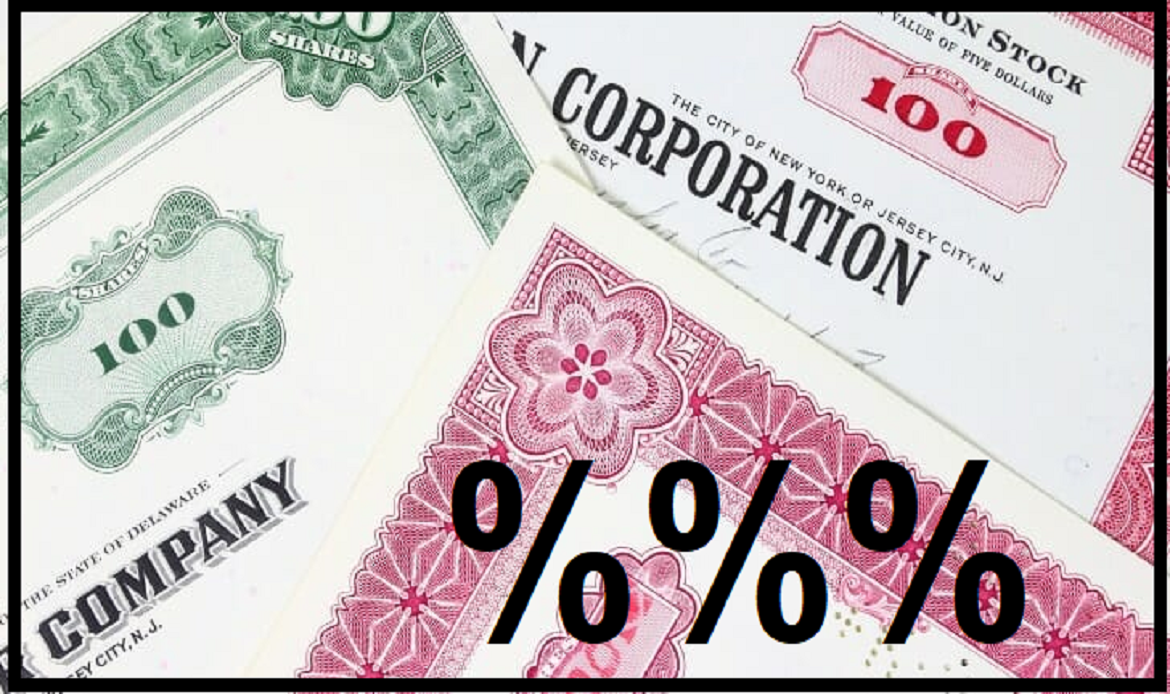The process that involves pooling of debt (with different risk-reward profiles) into portfolios, before selling them to to issuers. In other words, an origination is the process of initiating or starting an instrument or arrangement but without being the ultimate issuer (the party issuing it to potential holders/ bearers, etc.)
Origination may also involve creating a loan (e.g., a mortgage loan) and selling it to another party against origination fees. This process (loan origination) usually gives rise to a derivative product of a specific type: a security or product that derivatives its performance (cash flows) from that of another (e.g., mortgage-backed securities, MBSs).
Loan origination entails five key steps/ functions: 1) application; 2) processing; 3) underwriting; 4) closing and funding; and 5) post closing. Each of these steps/ functions should be independently handled and separately supervised. Loan originators must be fully aware of all relevant details including bank policy, procedures, laws, rules, and regulations. Loan origination is usually subject to strict regulations and any shortcomings in the process or the steps involved may result in loan disqualification- i.e., impossibility of floating it in the secondary market.






